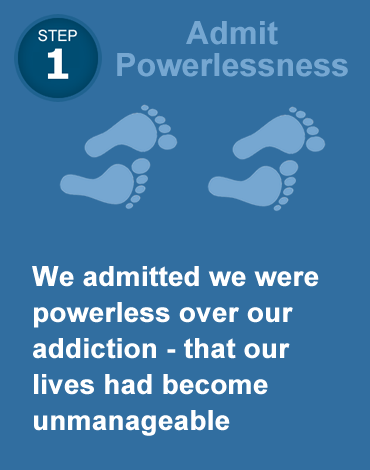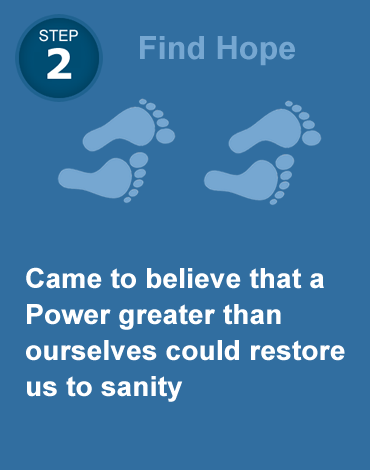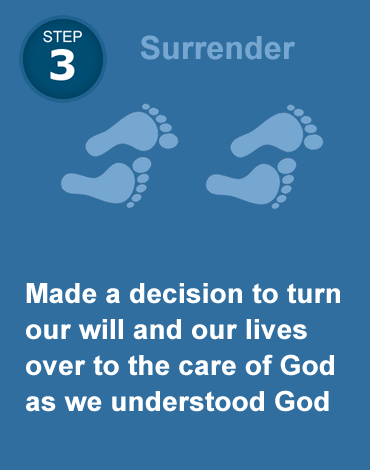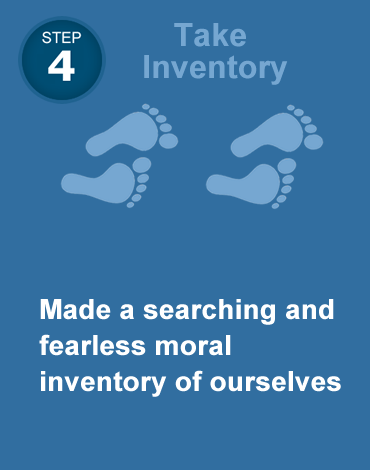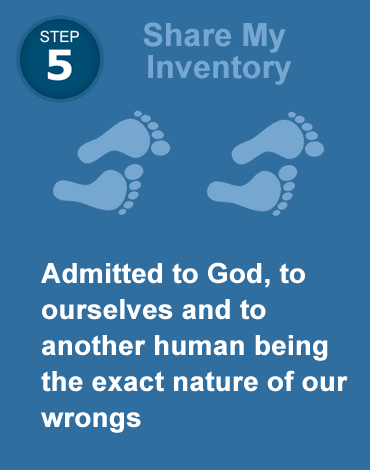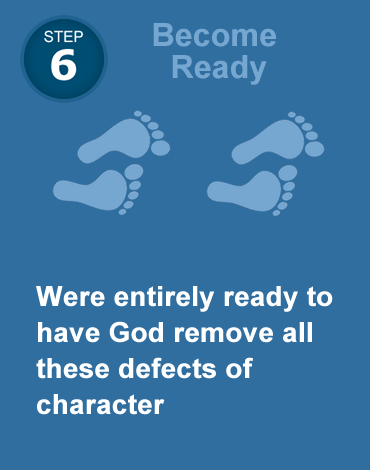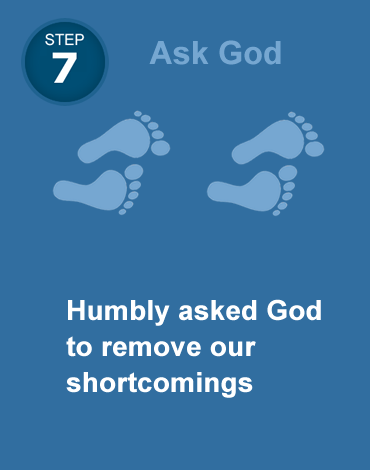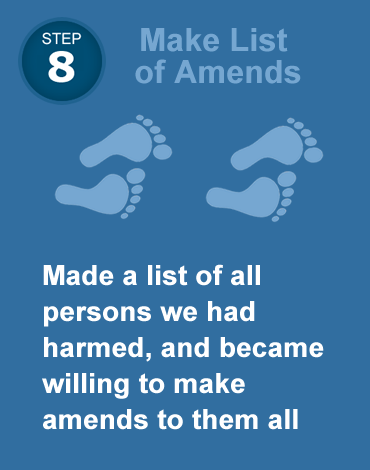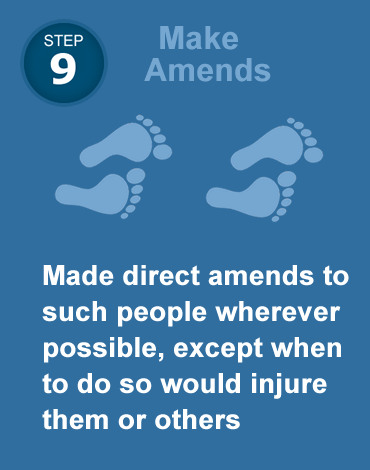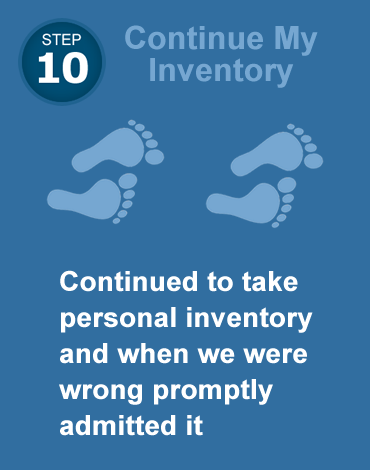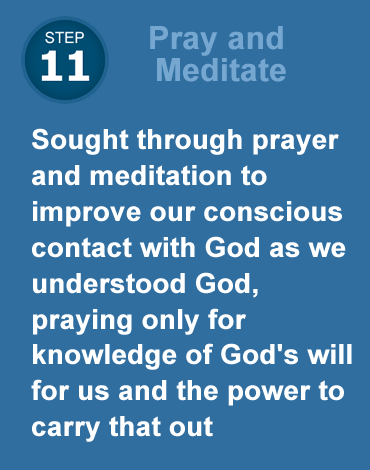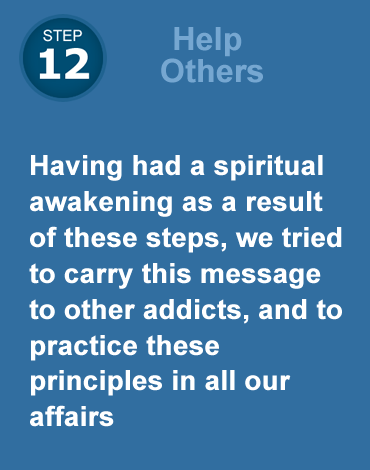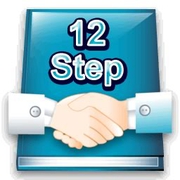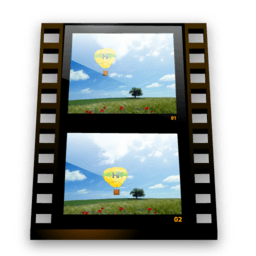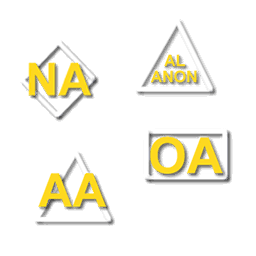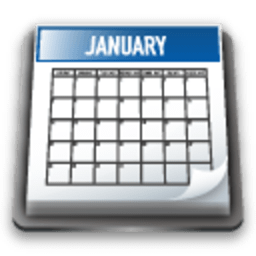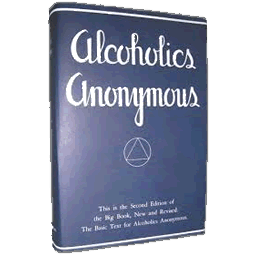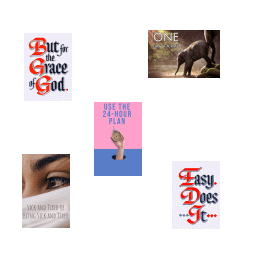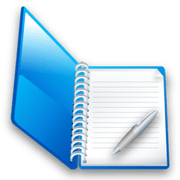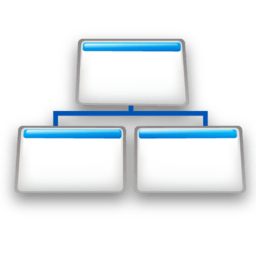About the 12 Step Program
About the 12 Step Program
The Twelve Step programs are well known for their use in recovering from addictive
and dysfunctional behaviors. The first 12 step program began with
Alcoholics Anonymous (A.A.)
in the 1930s and has since grown to be the most widely used approach in
dealing not only with recovery from alcoholism, but also from drug abuse and
various other addictive and dysfunctional behaviors.
The first book written to cover the 12 step program was titled "Alcoholics Anonymous",
affectionately known as the Big Book by program members.
Following the subsequent extensive growth of twelve step programs for other addictive and
dysfunctional behaviors, many additional books were written and recordings and videos were
produced. These cover the steps in greater detail and how people have specifically applied
the steps in their lives. Probably the most extensive chronology and historical background
about the attempts for dealing with alcoholism which led to A.A. has been put together at the
silkworth.net website
(Dr. Silkworth being the physician who authored "The Doctor's Opinion" in the Big Book).
The twelve steps of the program are listed above and
on the steps page in generic form.
Other groups who have adopted the 12 steps to address their own particular addictive or
dysfunctional behavior have
similar ideas, usually with only minor variations.
These steps are ideally meant to be worked sequentially as a process of getting rid
of addictive behaviors and should result in a growth in freedom and happiness, as outlined in
the Promises. The general governing
approach for A.A. groups was originally laid out in the
Twelve Traditions, and they
remain the guiding principles for most 12 step groups today.
There is additional information about 12 Step programs in
Wikipedia,
including a
list of 12 step groups. We also have a more detailed and extensive
list of 12 step groups
as well as numerous other resources for working a program of recovery.



